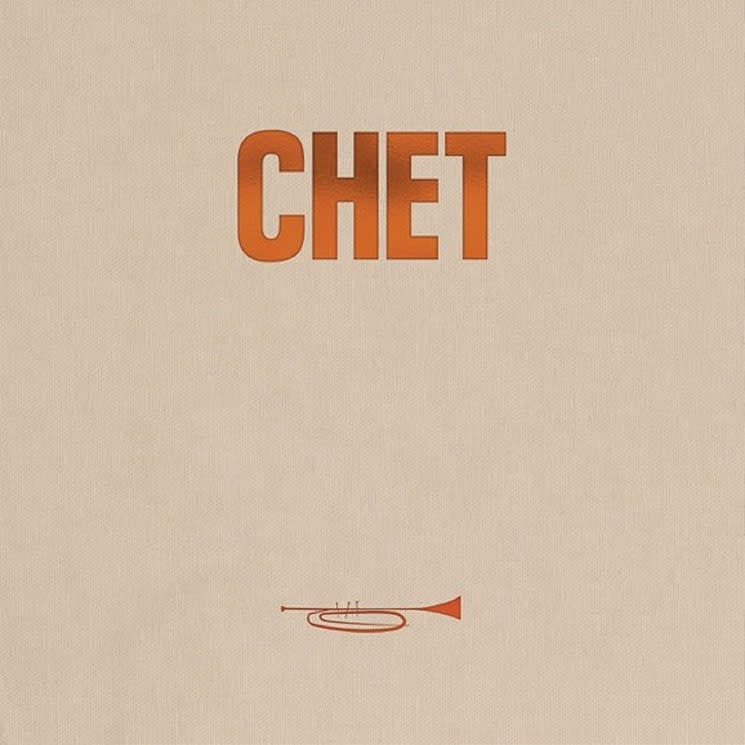Although admired throughout his career, Chet Baker was never revered in the same manner as mid-century peers like Miles, Ornette and Coltrane. This may be because, unlike the aforementioned musicians, the Oklahoma trumpeter was never good at reinventing his sound, mostly hovering around the same late-night breeze affectionately called cool jazz.
Although there was a time in the mid-'50s when Baker was pumping out terrific LPs, The Legendary Riverside Albums unfortunately doesn't capture that time in his career. Instead, the box set collects his late '50s output that focused on his tasteful crooner era. The first LP, 1958's Chet Baker Sings: It Could Happen to You finds the musician following suit with his landmark 1954 LP, Chet Baker Sings, as he tackles standards with his high-register voice alongside a smattering of smooth trumpet.
The 1959 releases Chet Baker In New York and Chet remain the strongest of the five LPs, as Baker teams with a stellar lineup that featured Al Haig, Bill Evans, Paul Chambers and Philly Joe Jones, and found the quartet exploring some near-hard bop. Chet Baker Plays the Best of Lerner And Loewe, also release in '59, is the most interesting — albeit weakest of the bunch, as Chet exclusively covers music by lyricist Alan Jay Lerner and composer Frederick Loewe, mostly focusing on music from the musical My Fair Lady, which came out just three years prior.
The fifth LP is a six-track outtakes and alternates album that shines a light on many of Baker's flaws at the time, including his already deteriorating voice. Comprised of three above-average albums, one novelistic LP and a disposable set of outtakes, The Legendary Riverside Albums is perfect for Chet Baker completists, but fails to shed any real insight into the late musician's career.
(Craft Recordings)Although there was a time in the mid-'50s when Baker was pumping out terrific LPs, The Legendary Riverside Albums unfortunately doesn't capture that time in his career. Instead, the box set collects his late '50s output that focused on his tasteful crooner era. The first LP, 1958's Chet Baker Sings: It Could Happen to You finds the musician following suit with his landmark 1954 LP, Chet Baker Sings, as he tackles standards with his high-register voice alongside a smattering of smooth trumpet.
The 1959 releases Chet Baker In New York and Chet remain the strongest of the five LPs, as Baker teams with a stellar lineup that featured Al Haig, Bill Evans, Paul Chambers and Philly Joe Jones, and found the quartet exploring some near-hard bop. Chet Baker Plays the Best of Lerner And Loewe, also release in '59, is the most interesting — albeit weakest of the bunch, as Chet exclusively covers music by lyricist Alan Jay Lerner and composer Frederick Loewe, mostly focusing on music from the musical My Fair Lady, which came out just three years prior.
The fifth LP is a six-track outtakes and alternates album that shines a light on many of Baker's flaws at the time, including his already deteriorating voice. Comprised of three above-average albums, one novelistic LP and a disposable set of outtakes, The Legendary Riverside Albums is perfect for Chet Baker completists, but fails to shed any real insight into the late musician's career.
